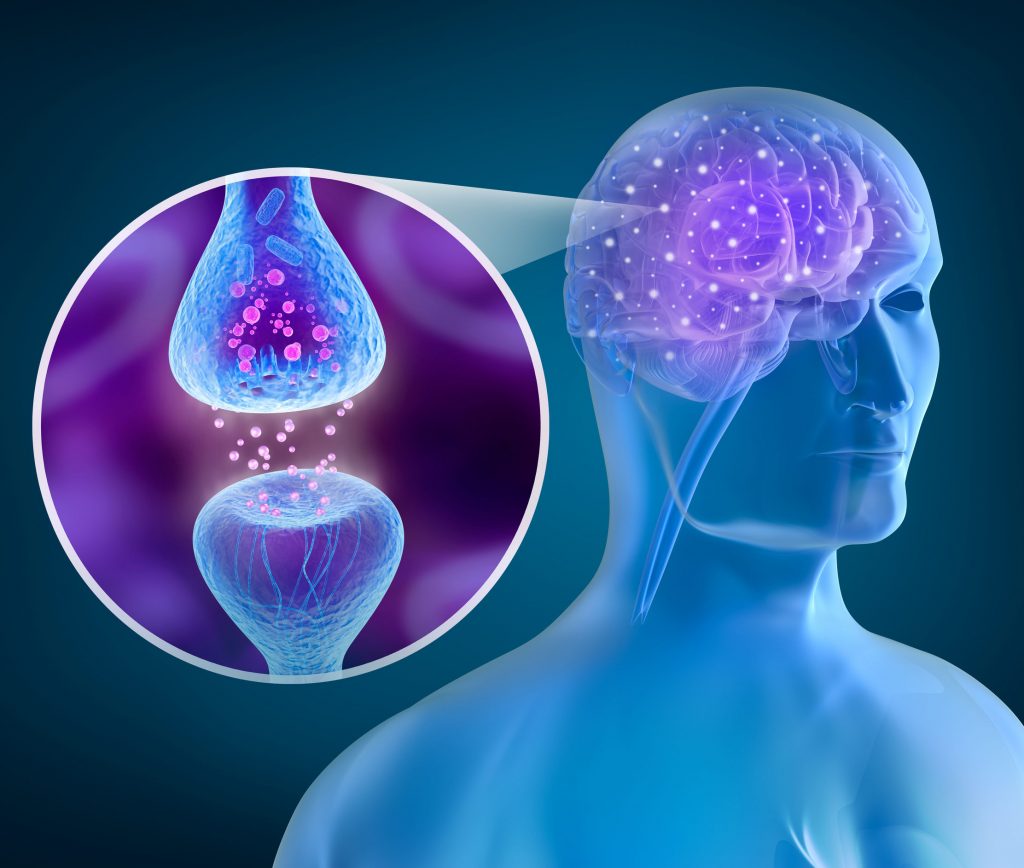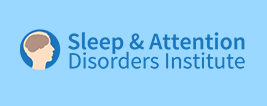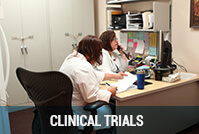New medicine for daytime sleepiness

A new medicine for daytime sleepiness was approved this year. It should arrive in pharmacies in the next few months. Its name is SunosiR (or solriamfetol). It blocks reuptake of dopamine (DA) and norepinephrine (NE) into nerve cells that release these. As a result, DA and NE levels increase in the area between nerve cells (synaptic cleft). More DA and NE are then available to stimulate nerve cells. Generally, this causes more alertness and attention. Sleepiness is improved. Attention and concentration are also improved.
In clinical trials, solriamfetol at a dose of 75-150 mg improved sleepiness in most patients with narcolepsy. It also improved sleepiness in most patients with obstructive sleep apnea with continuing sleepiness. The most common side effects were headaches, nausea, decreased appetite, and anxiety. Solriamfetol will be a controlled substance. Increasing DA in the area between nerve cells gives pleasure. Therefore, solriamfetol does have some abuse potential and may be addicting.
There are other medicines on the market that block reuptake of DA and NE. Methylphenidate (Ritalin, Concerta) is approved for sleepiness and attention deficit, and is also a controlled substance. It has been abused. Bupropion (Wellbutrin, Zyban) is approved for depression, and is not a controlled substance. However, some people do abuse it by snorting crushed tablets, or by injecting it into their veins. It can give a cocaine-like “high”, though not as intense. Modafinil (Provigil) and its right-handed version (armodafinil or Nuvigil) also seem to block reuptake of DA and NE, and improve sleepiness.
Amphetamines (Adderall, Vyvanse) also block reuptake of DA and NE. In addition, they also cause release of DA into the area between nerve cells. Therefore, amphetamines give a more intense “high” than the other medicines described here. Amphetamine abuse and addiction is much more common than with these other medicines. Perhaps as a result, AdderallR is not approved for use in much of Europe.
DA and NE reuptake inhibitors improve sleepiness in obstructive sleep apnea. They do not treat the obstructive sleep apnea itself. Continuous Positive Airway Pressure (CPAP) is the best treatment for sleep apnea.
Other Uses
These medicines may also improve sleepiness in Idiopathic Hypersomnia. This disorder usually begins in adolescence or early adulthood. It causes sleepiness despite enough sleep. We do not know the cause. There is no FDA approved medicine for Idiopathic Hypersomnia. However, these medicines, used off-label, seem to work fairly well.
They have been used to improve persistent sleepiness in depressed patients after the depression has been treated successfully. Bupropion also improves depression, and the other medicines described perhaps also may improve depression. Therefore, one may ask if these medicines may improve sleepiness in depressed patients even before their depression has been treated.
Such medicines may also help sleepiness in patients with Shift Work Disorder who are getting enough sleep. In fact, they might even help sleepiness in people who get insufficient sleep. However, insufficient sleep causes many other problems, and medicines like these are not the right answer. Getting more sleep is the correct answer.
Another option in this class of medicines is exciting news for patients who have not responded to the other medicines that block reuptake of DA and NE. Not every medicine works for everyone, so more options are always welcome.









